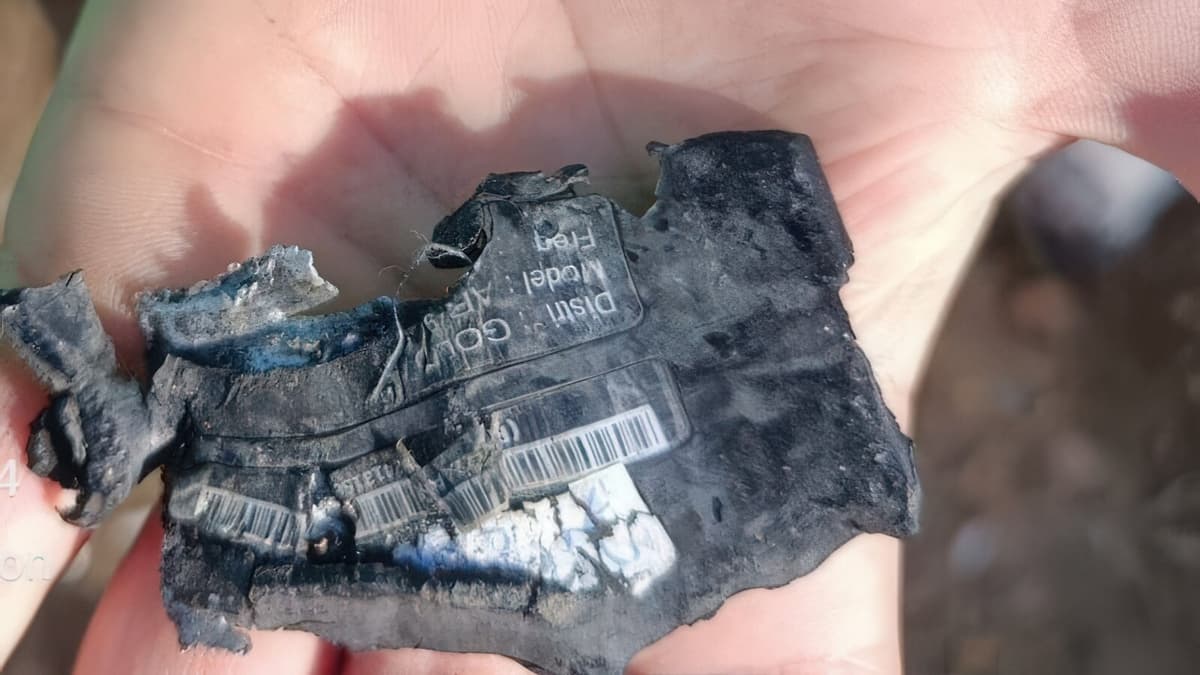According to local authorities, Wednesday's explosions are linked to walkie-talkies used by Hezbollah.
Reports of explosions at various locations in the country come a day after thousands of people were injured and at least a dozen were killed when large quantities of walkie-talkies, allegedly belonging to members of the extremist Islamist Hezbollah militia in Lebanon, began exploding on Tuesday, according to Lebanese authorities.
Wednesday's explosions occurred, among other places, at a funeral in Beirut for Hezbollah members killed on Tuesday, media report. Explosions were also heard in southern Lebanon.
The UN Security Council announces in a statement that it will convene on Friday due to the widespread explosions in Lebanon.
"New phase"
Israel's Defense Minister Yoav Gallant says that a new phase in the war has begun, as the country's focus – which means "forces, resources, and energy" – has shifted northward. This emerges from comments published by his office and made orally to Israeli air force personnel on Wednesday.
In a first statement after the explosions in Lebanon, Israeli Prime Minister Benjamin Netanyahu promises in a ten-second video that evacuated Israelis will be able to return to their homes in the north.
In the video, Netanyahu says he has already said that Israelis in the north will be brought home safely.
And that's exactly what we're going to do, he says, without mentioning the explosions in Lebanon, according to The Times of Israel.
Advertisement
Sources: Mossad behind
According to informed sources, Tuesday's attack was part of an Israeli plan to start a full-scale war – but was triggered prematurely when the intelligence agency Mossad feared that the plot was about to be exposed.
Israel has not publicly commented on the explosions, but many sources claim that Mossad is behind the plot. Small amounts of explosives were allegedly placed in a shipment of thousands of walkie-talkies before they reached Lebanon, writes The New York Times.
No mobile phones
Hezbollah has recently rejected mobile phones, fearing hacking and surveillance, in favor of the more old-fashioned walkie-talkies.
The militia's major benefactor Iran calls Tuesday's attack "a terrorist act by the Zionist regime" and "an example of mass murder", according to news agencies.
Since the war in the Gaza Strip broke out following Hamas' terrorist attack on October 7, Israel and Hezbollah have been attacking each other on a daily basis. Several leading politicians in Israel have recently advocated for full-scale war against Hezbollah, which is a much larger and better-equipped enemy than Hamas in Gaza.
A walkie-talkie is a small, portable radio receiver that receives messages. The message can consist of an audio signal or a phone number or a text that appears in a box. The receiver is less sensitive to poor coverage than phones.
Walkie-talkies have been used, among other things, in healthcare or business contexts, where security is important.
In the 1980s and 1990s, they were common for quickly reaching people when mobile phones were not yet as widespread.






